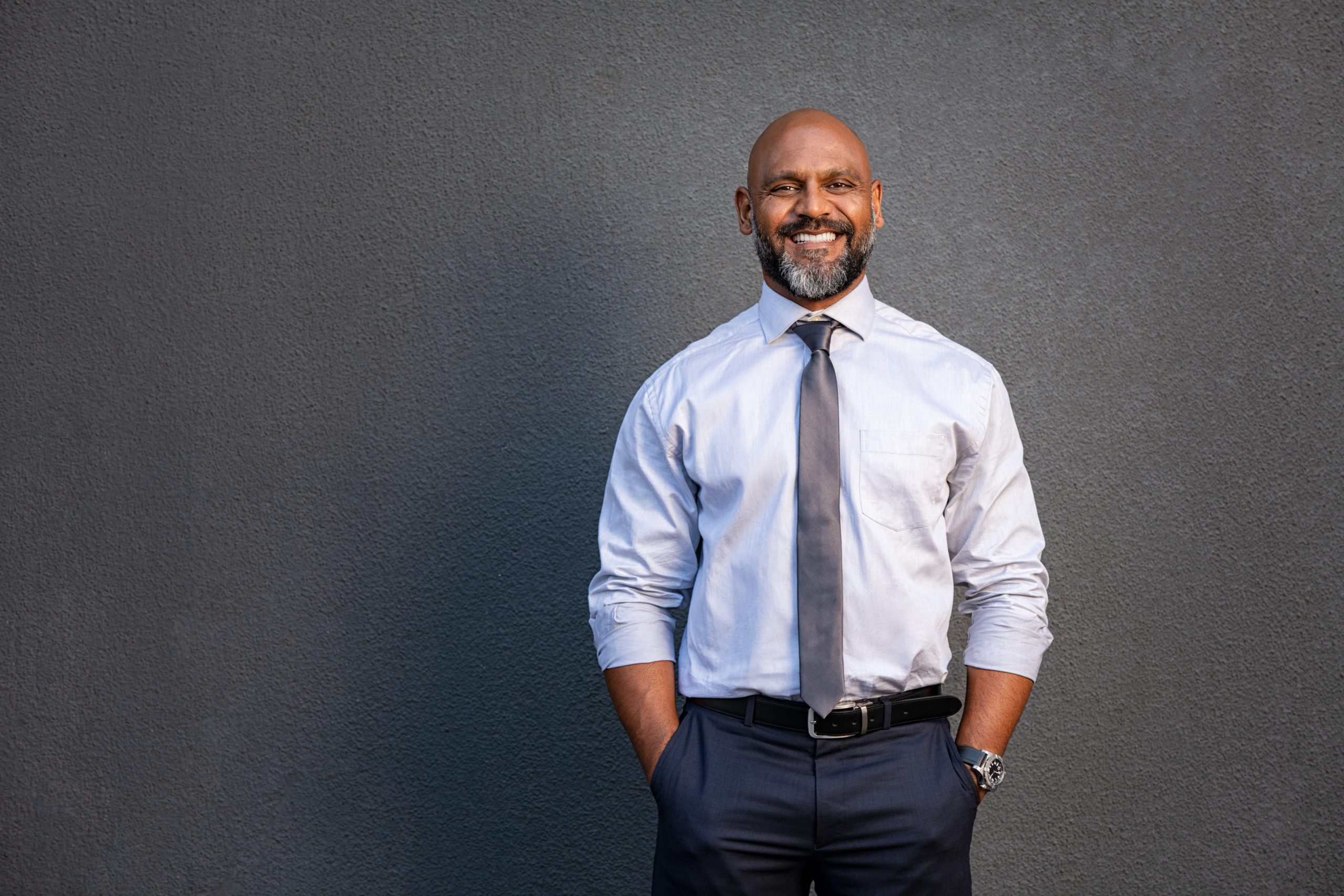
Being the Best
Being the best is a common theme among all the reasons we are called in to work with leadership teams. Accomplished, talented and competitive people crave excellence. They like to win.
This desire is articulated in a variety of ways such as: “we want to define the standards for our industry,” “we are committed to being the leader in user interface technology,” and “we want to be preeminent in our field, our region, our market segment,” etc.
How do accomplished people become the best? How do they know when they are performing well? Who judges them as they set standards?
Here are eight guidelines for people who want to become, or remain, the best.
1. Focus! Know and act consistently with what really matters.
Recognize that you can only excel within a relatively narrow range of focus – you become what you practice. Knowing what you are really good at, what you love to do, and what people will pay you well for is a good place to start.
For instance, Michael Jordan was, in his day, the best in basketball. Steffi Graf and Roger Federer were the best in tennis, Tiger Woods in golf, etc. Each athlete relentlessly focused on improving their game, day in and day out. They consistently invested their time and money in practice and coaching to build mastery.
Notice that I am not saying these remarkable athletes were the best in a host of other sports as well. They knew what they could be best at and made it their focus.
By contrast, look at how Tiger’s performance deteriorated when his focus shifted elsewhere. Considered by most to be the best ever in golf, few would argue that he sets the standard for conduct as a husband.
2. Decide whose assessment matters. Much as we would like to designate ourselves as leaders and then have the world acknowledge us as such, that is a highly unlikely scenario. It is much more likely that we will be recognized as the best when there is a consensus in our industry that we are, indeed, setting the standards.
This is not to say that we have to let others define success for us. Rather, it is to say that if we want general recognition for superiority, we have to look to our competitors and customers for acknowledgment.
Take some time to think this through, answer the questions below:
What is your market?
Who are your competitors?
Who are your customers and other stakeholders?
To whom will you give the authority to assess your performance? Clearly not everyone or anybody.
3. Define your standards.Identify the standards that are common and consistent throughout your industry or market. Do a bit of research. Talk with peers and colleagues. See if you can build a definition of “bestness” that is commonly held throughout your community of focus. Then think about how you will track your results to keep tabs on whether your performance is at the top in your industry.
4. Manage commitments and energy with discipline.Time management is a popular goal, but it is impossible to manage time. We can only manage the commitments we choose to make and fulfill, and the energy we have to invest.
To become the best and sustain “bestness,” one must decide which activities to engage in and which to decline. Complement your “To-Do” list with a “Don’t Do” list. Be rigorous about declining conversations and involvements that do not directly support your goals.
When we bring discipline to our commitments, we exponentially increase our chances of becoming the best.
5. Embrace change.Change is a gateway to innovation. By embracing change, you can learn to recurrently and reliably be the best by innovating existing products, services, and practices into obsolescence.
Those who excel seek out change, embrace it, and introduce it into their day-to-day activities. They are willing to step outside their personal comfort zones and try something new – over and over again.
6. Build self and social awareness.Recognize that, at the end of the day, success is all about relationships. Becoming the best does not happen alone, and remaining the best is not a solitary adventure. Learn to listen to – and really hear – others. Build your capacity to develop strong relationships. Develop your ability to give and receive feedback effectively. The character and quality of the relationships you build and sustain, and the conversations you choose to engage in or decline will largely determine your success.
7. Develop your leadership skills.If you want to be the best, you must develop a compelling vision, have integrity – walk your talk – and be authentic, audacious and courageous. These are the characteristics that people want in a leader.
Study and practice them and you will be on the right track. Embody them and you will become the best.
8. Consistently learn, adapt and innovate ahead of the competition.You will notice that these guidelines do not describe one-time activities. Becoming the best, and staying that way, requires that you commit to constant improvement. People who are the best are always committed to becoming even better, and recognize that lifelong learning, adaptation and innovation are the best investments they can make.
Sandy Nelson
